As a homeowner, you are responsible for maintaining your property, and that includes fixing any leaks as soon as possible to avoid costly damages. Unfortunately, detecting leaks is not always an easy task, and that's where a leak detection specialist comes in. In this article, we will discuss the top three things you should consider when hiring a leak detection specialist, including the average cost of the project.
Experience and Credentials
The first thing you should consider when hiring a leak detection specialist is their experience and credentials. A reputable specialist should have the necessary certifications, training, and licensing to perform the job. Moreover, they should have a proven track record of successfully detecting and fixing leaks in different types of properties. You can ask for references or check online reviews to verify their qualifications and reputation. Additionally, a specialist with extensive experience in the field is likely to have access to the latest tools and technologies, which can make the process more accurate and efficient.
Cost of the Project
The second thing you should consider when hiring a leak detection specialist is the cost of the project. The cost can vary depending on several factors, such as the type and severity of the leak, the location, and the specialist's expertise. Typically, leak detection specialists charge by the hour, and the average cost ranges from $150 to $400 per hour. However, some specialists may charge a flat fee based on the scope of the project. It's essential to get multiple quotes from different specialists to compare prices and ensure that you're getting a fair deal. Moreover, you should avoid specialists who offer significantly lower rates than their competitors as this may indicate poor quality services.
Equipment and Methods
The third thing you should consider when hiring a leak detection specialist is their equipment and methods. Leak detection requires specialized equipment and techniques to identify the source and location of the leak accurately. A reliable specialist should have state-of-the-art equipment, such as thermal imaging cameras, acoustic equipment, and moisture meters, to detect leaks quickly and efficiently. Additionally, they should be proficient in different detection methods, such as electronic leak detection, tracer gas detection, and infrared thermography. The more advanced the equipment and methods, the more accurate and efficient the leak detection process will be.
Conclusion In summary, hiring a leak detection specialist is an important decision that should not be taken lightly. When looking for a specialist, you should consider their experience and credentials, the cost of the project, and their equipment and methods. By doing so, you can ensure that you're hiring a qualified and trustworthy specialist who can accurately detect and fix any leaks on your property.
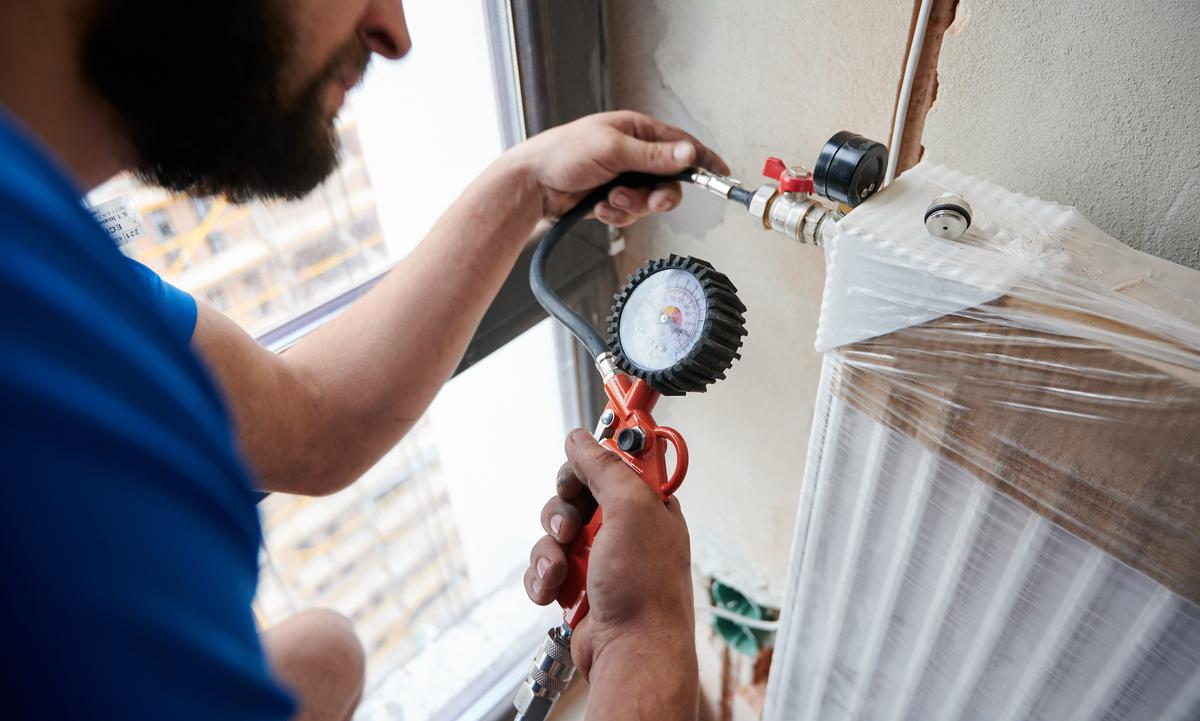

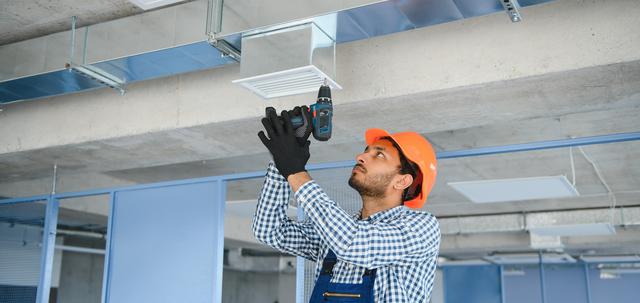
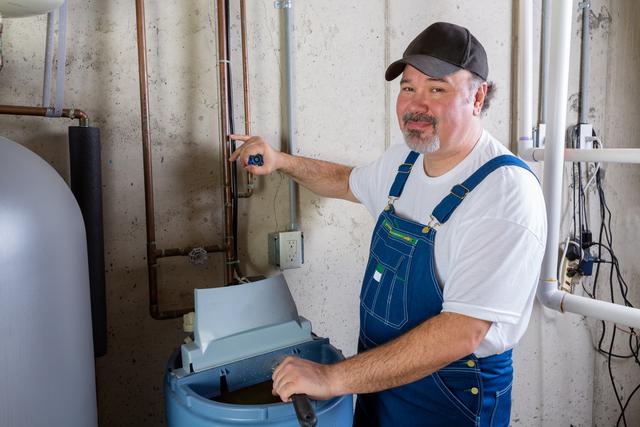
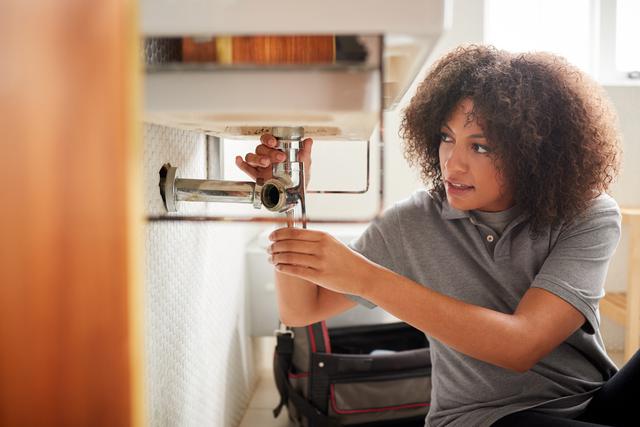
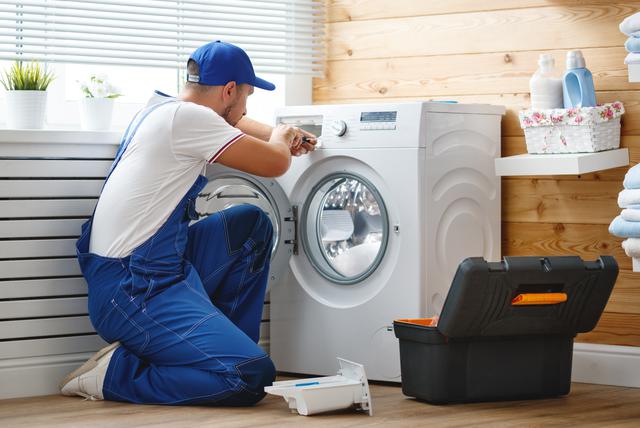
comments